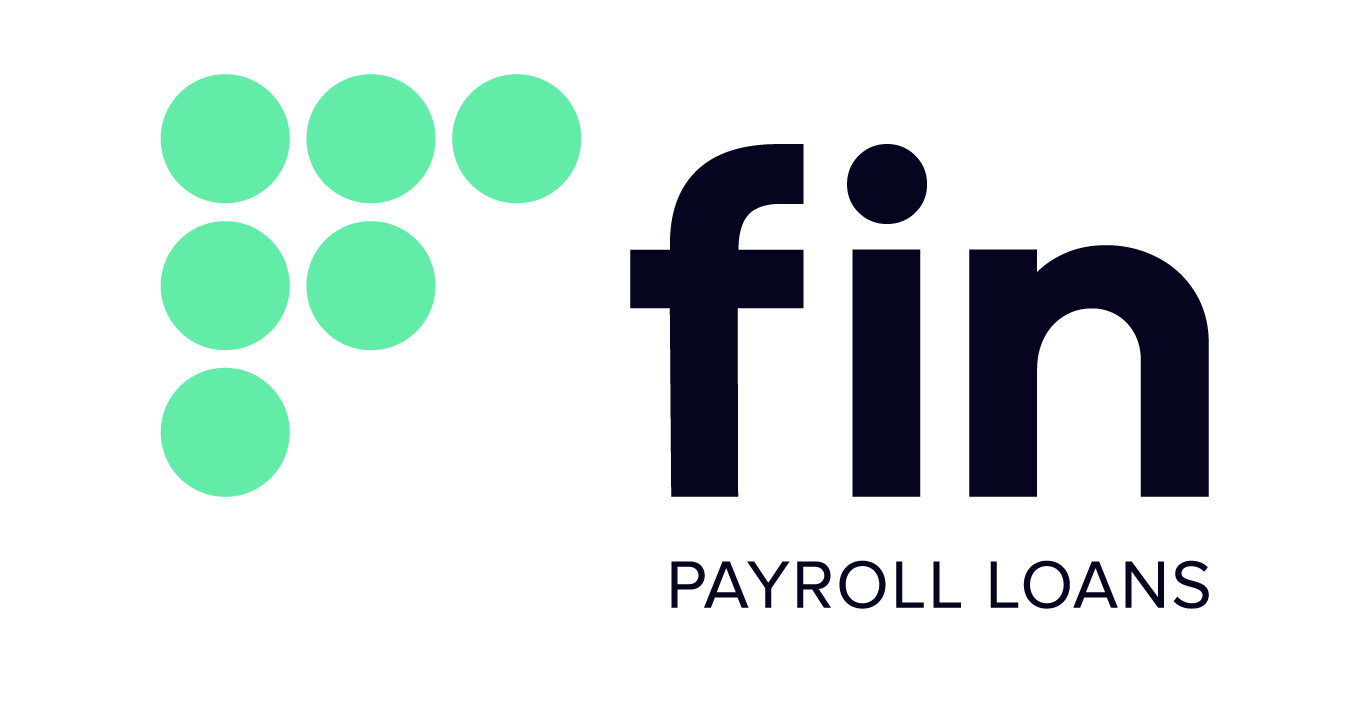Helping your employees get rid of the burden of debt.
Productivity loss in the workplace can be attributed to employees’ distress over personal financial issues. If you care about your employees’ wellness, you should also care about their financial well-being. Assisting employees with their financial well-being is beneficial for company culture and the overall productivity of a company.
According to the 2015 Global Findex report from the World Bank, 86% of South Africans took out a loan to cover day-to-day costs. This translates to over-indebted and stressed employees. According to a PWC survey, 1 in 5 employees said personal finances are a distraction at work, resulting in a loss of productivity.
As an employer, you should provide as much support as possible to ease your workers’ financial pressures.
Implementing a financial health strategy for your employees
The solution to this challenge is two-pronged; financial education coupled with products and services that encourage behaviour change and improve consumer financial health. Employers implementing financial wellness programs should provide employees with financial knowledge and access to financial products that help them get out of debt, spend, and save. One approach cannot exist without the other.
Once a company has accepted the importance of financial wellness in their employees’ lives, employers should note their staff’s specific needs and understand that solutions are not one-size-fits-all. Below are ways to get your employees out of debt:
Provide employees with responsible financial help
South Africans face the highest inflation rate in 5 years, with inflation at 6.5%. The ramifications of this record-breaking high is an annual price increase in a wide variety of goods and services, such as:
- Fuel: +32.5%
- Electricity and other fuels: +14.4%
- Public transport: +12.5%
- Meat: +9.4%
- Bread and cereals: +8.4%
With rising living costs, consumers are dealing with the reality of trying to afford the same goods and services for higher prices. South Africans are being driven to rely on credit for day-to-day costs. The African Reserve Bank reports suggest that about R750 out of R1000 is used to service debt by South African households. This shortage of funds pushes consumers to consider dire solutions such as getting a loan from an unlicensed moneylender, such as loan sharks.
As an employer, it is your responsibility to assist your employees. It is essential to understand and respond to the financial problems they face. This does not imply that it is your responsibility to pay off their debts; instead, you should provide as much support as possible to ease your employees’ financial pressures.
A solution to this challenge is to partner with a financial wellness provider, such as SmartAdvance. We offer your employees secure payroll deduction loans which significantly reduce employees’ monthly debt. This product aims for over-indebted employees to gain control over their debt and give all employees the relevant tools to manage their money better.
Below are the employee benefits of a payroll deduction loan:
- They are protected: By law, an employer has to make sure that debt repayments do not exceed 25% of an employee’s gross pay.
- They save: There are no bank charges involved in a payroll deduction.
- Convenience: Employees don’t have to make special arrangements to repay their loans – the instalments are deducted automatically. With SmartAdvance sales staff on-site, it is also easy for you to do business with us and have your questions answered and problems resolved.
- Cheaper credit: The agreement between SmartAdvance and an employer guarantees employees a lower interest rate on their loan.
Below are the employer benefits of a payroll deduction loan:
- Productivity: Employees who are not worried about money are more productive and less likely to make mistakes and break safety rules.
- Loyalty: Employees will feel that you care about them and, as a result, will be loyal and hard workers.
- Reputation: Gaining a reputation as a responsible, caring employer.
There are alternative options to debt review.
Encouraging an over-indebted employee to go the way of debt review can seem like a good idea for getting debt under control. However, over-indebted employees need to be aware that, once they enter debt review, they cannot apply for new credit, which cannot be exited until all the debts are settled.
No process exists in the National Credit Act (NCA) that enables voluntary withdrawal from the debt review process after the consumer has applied for debt review. Even if their circumstances changed and they could afford to resume the original repayments, their only option would be to accelerate their repayments to settle the debts sooner.
Instead, as an employer partnered with SmartAdvance, you can provide your employees with one of two alternatives. Firstly, for employees with multiple debts, SmartAdvance offers Rehabilitation loans. We offer R50 000 over 36 months to any permanent employee who needs to settle the external debt (Retail Loans, Credit Card Payments, Micro Loans and bank loans) to provide the means to improve credit records and improve monthly savings.
Secondly, we offer value-added service for employees who are already under debt review, Debt Review Removal. During this process, we negotiate with your employee’s creditors to get the best settlement rates for them. We settle your employee’s debts, remove judgements and get them out of debt review. We restructure and consolidate their debt into one monthly payroll deduction repayment.
Your employees must be aware of all their options instead of debt review. By partnering with SmartAdvance, you help your employees regain their financial freedom and financial security.
Provide a financial literacy program
Once employees are out of the debt trap and have regained financial freedom, this is where they need the most assistance. It is within your means to ensure they do not fall into a debt trap. Partnering with a financial wellness provider like SmartAdvance gives your employees access to financial education courses that offer an easy-to-understand approach to help them get out of debt, build wealth, and change their financial futures.
SmartAdvance provides training on various financial topics to educate your employees and improve their financial stability. Our training helps create financially literate employees who manage their money with more confidence and have a better chance of handling the inevitable ups and downs of their financial lives and how to address any issues that may arise.
This helps employees navigate the pitfalls of debt by creating an understanding of it. This includes the benefits of repaying and avoiding debt. This enables employees to seek out the lowest interest rates when applying for loans and pay off monthly credit card balances to avoid interest charges. Financial education will also teach employees to protect themselves from debt and bankruptcy by creating an emergency fund to fall back on when unexpected expenses arise.
Modules are flexible and can vary from five hours to three days, depending on the level of detail required on the given theme.
Financially literate employees are more likely to avoid making the same poor financial decisions.
Benefits of debt review removal for employees and employers
The benefits of debt review removal are not limited to employees; as an employer, you are also presented with company benefits.
| For employees | For employers |
| Stops collection calls at the workplace. | Help reduce employee absenteeism. |
| Improved wellbeing due to less financial distress. | Increased employee engagement/morale. |
| Improves money habits. | Improves productivity as employees do not take time during working hours to deal with debt. |
| Improves cash flow to meet all household expenses. | Alleviates demand for payday advances. |
With strategies like these in place, employees will be better equipped to manage their finances and, therefore, focus on their work and increase their productivity. They will undoubtedly feel that their employer cares about them and, as a result, will be loyal and hard workers.


